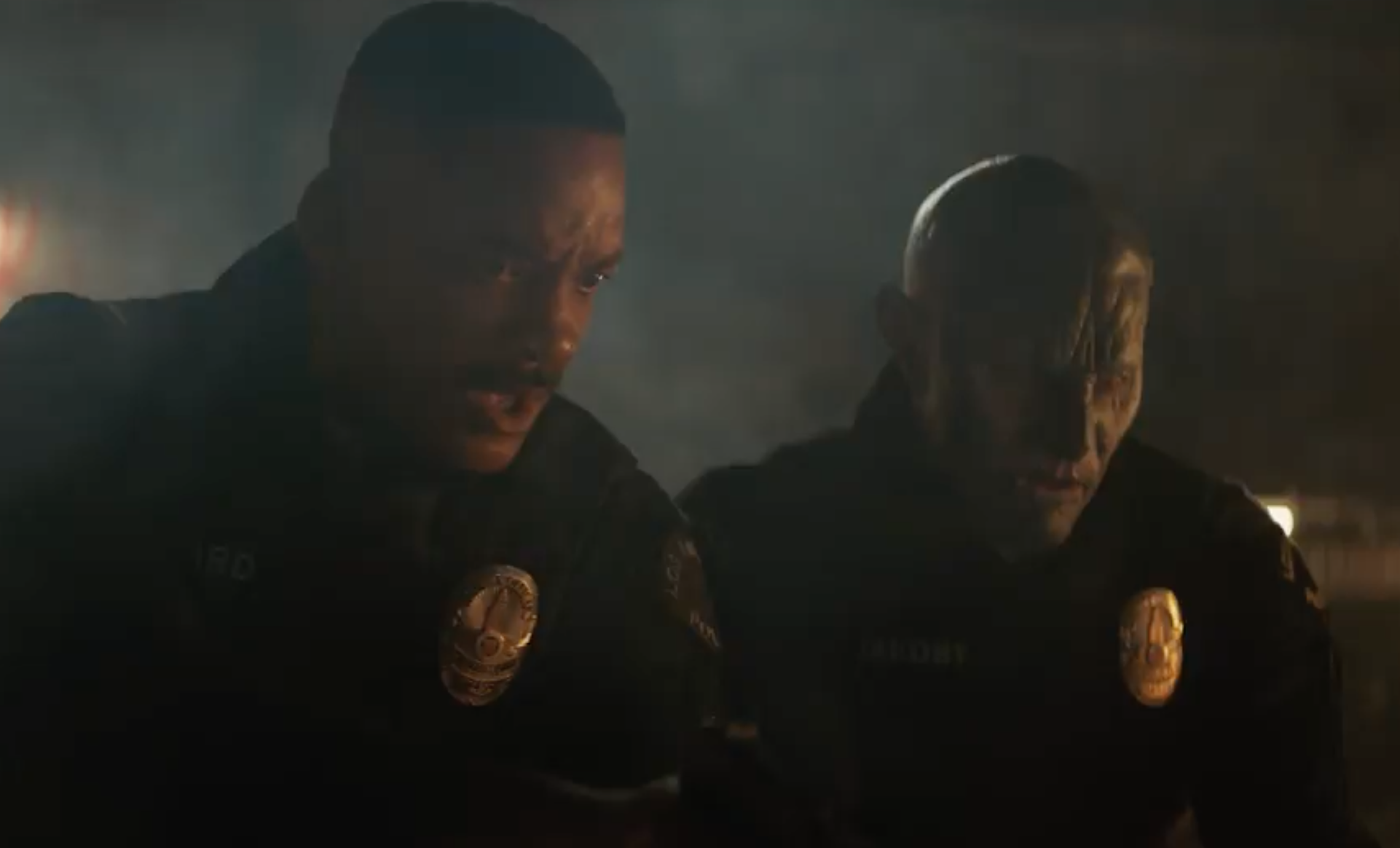

Netflix’s blockbuster film, Bright, brought in 11 million streaming viewers in the United States over its first three days. These are figures as reported by Nielsen, so they might not be completely accurate. You can check out my previous post on the Neilsen ratings to understand why a bit better. The short version is that Neilsen can only track hard wired devices. That sounds old school, but it’s mostly just your TV. So anyone who watched Bright on a tablet or a smartphone isn’t going to get caught in those numbers. But either way, this is good news for Netflix. Why? Well, the Neilsen numbers are likely low. To put this into perspective – 15.8 million people watched Stranger Things 2 during that same time period, according to Neilsen.
Viewers and critics are both responding well to Bright. Netflix has reportedly already greenlit a sequel. But there is one critic who doesn’t feel the same way. Chance the Rapper has blasted Netflix over it’s “shallow” attempt to illustrate race relations in the United States. The film is set in an alternate reality where humans coexist alongside mythical creatures, including orcs, elves and fairies – and Will Smith’s character is partnered up with the LAPD’s first orc cop. Chance went right to the heart of the matter. He tweeted: “wondering what you guys are feeling about the lynched [orc] in #Brightmovie.” He went on to describe the fact that he feels like Netflix is trying to illustrate racism through the mythical orc creatures, and it’s his opinion that it’s shallow.
Chance makes an interesting point though. In his opinion, allegorical racism in movies tends to stem from human emotion, but not by law or systems the way that it is in real life. In the movie Bright, the racism that we are seeing are against these orc characters. One of his followers responded to the indirect relationship between orcs and African American people. Is Netflix replacing one race with a mythical one in order to showcase race relations?
I am not a writer or producer with Netflix, so I can’t confirm or deny what the intent of the movie is. One of Chance’s followers suggested that he was reading too much into it and that it’s simply meant to be an interesting story. But, as Chance points out, only a few minutes into the movie, Smith’s character says “Fairy Lives Don’t Matter”. Which definitely seems to make it about race. Max Landis, one of the film’s writers has claimed (but this is unsubstantiated) that this line was improvised by Smith himself, which might make it even worse.
What seems to be clear is that Bright tries to include some sort of social commentary, but it fails in an epic way. Now is the time to test the waters in terms of pushing that social commentary, but the movies themselves need to be sensitive to the issues that they’re trying to elevate. This is definitely a fine line, but one that can be achieved as we have seen that in other movies. Bright was projected to be a really big hit for Netflix, so it’s too bad that this is the movie that we got from Netflix.

[…] post Is the Movie “Bright” a Depiction of Race Relations in America? appeared first on Saintel […]